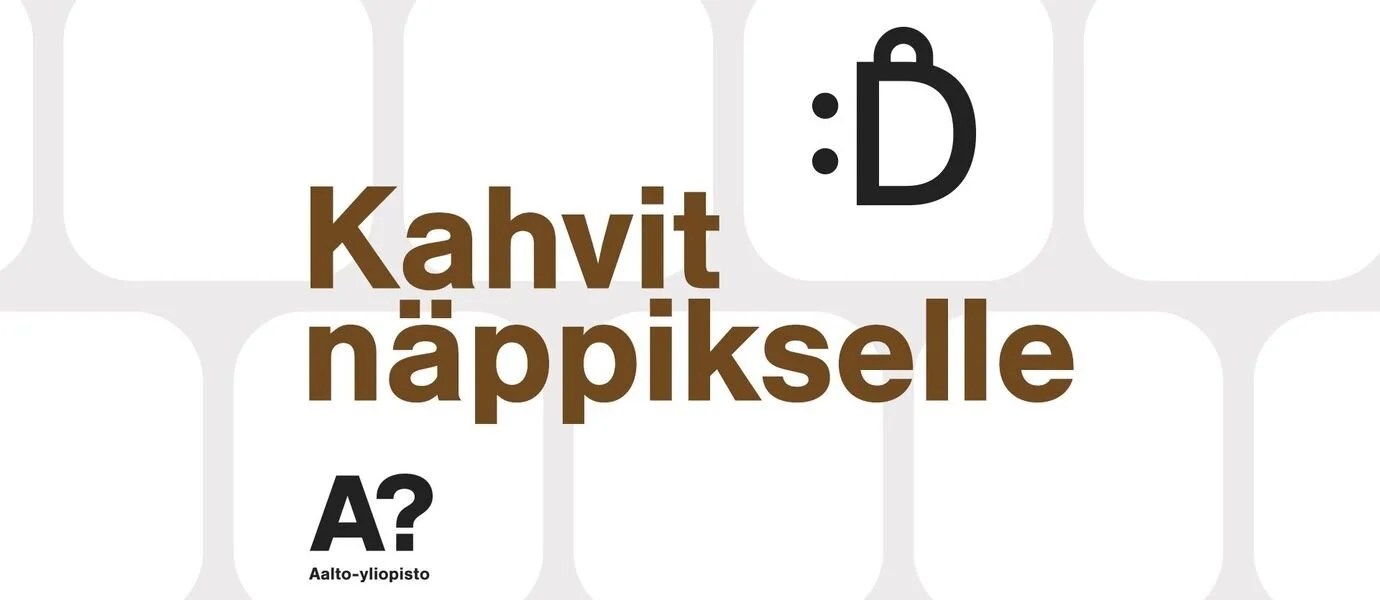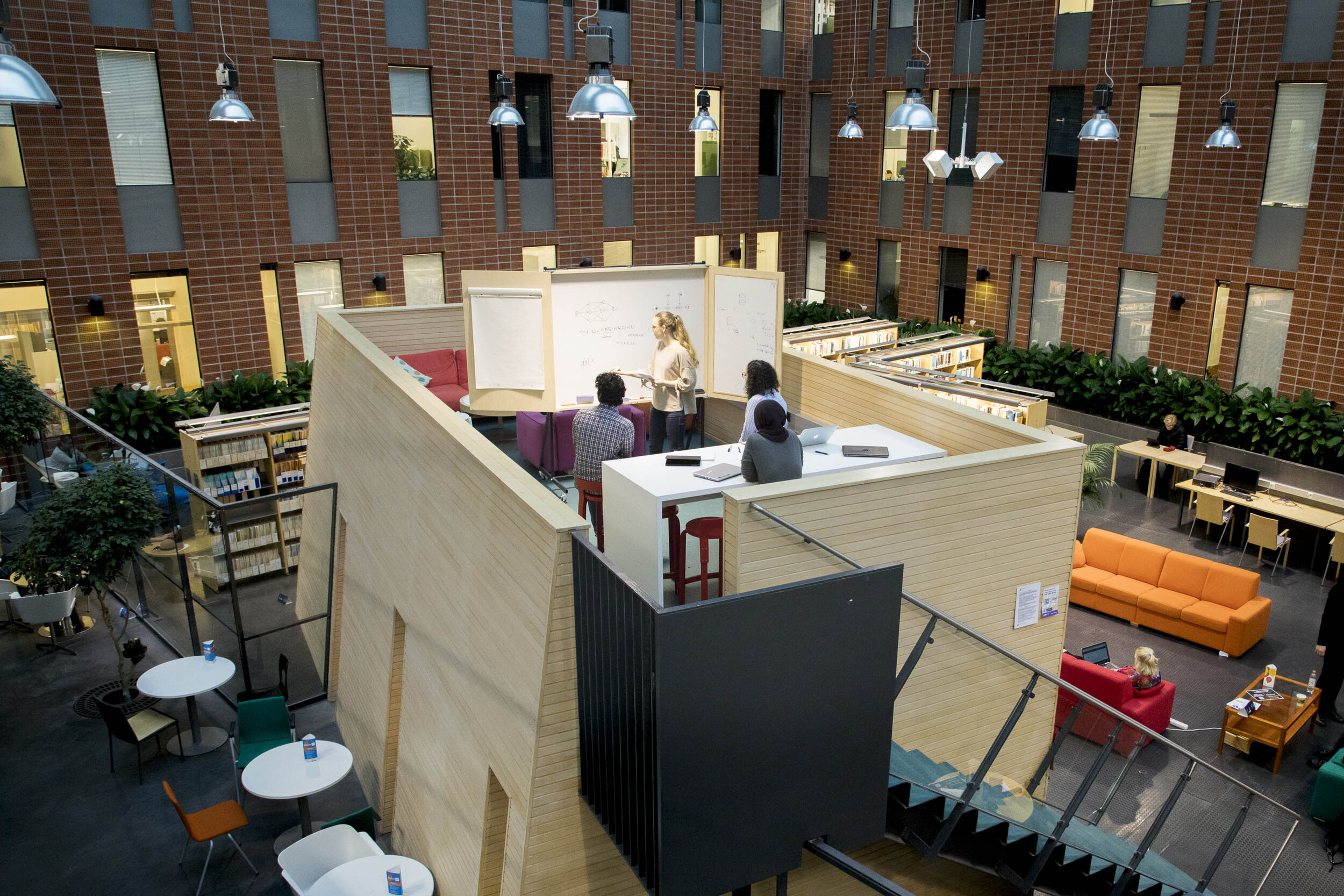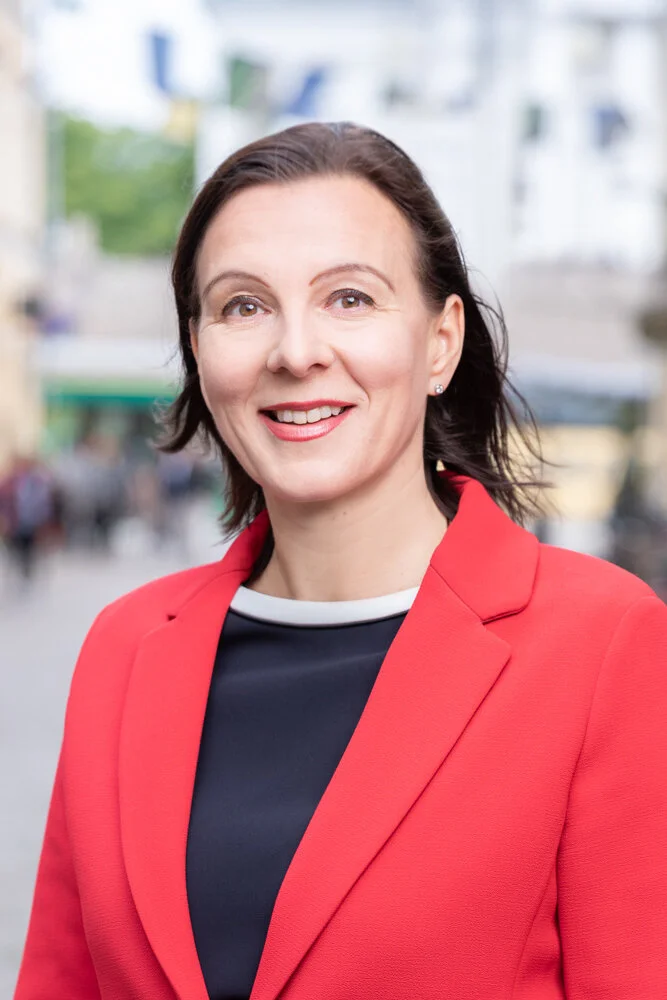Associate professor Laura Ruotsalainen joins FCAI’s steering group, with sustainability-related goals in mind
Read MoreDecision analysis is a field that develops analytical models for better decision-making. One interesting question is whether artificial intelligence can replace people as decision makers - and if, then under what circumstances.
Read MoreIn the coming years, the network in neuroscience research will focus its efforts on the development of digital solutions and innovations. The network’s new project, with a budget of over €880,000, has received substantial EU funding for the term 2021–2023.
Read MoreFusion energy is no longer a project for the distant future. The current official EU aim is 35 years, and with AI methods, fusion is here even faster than what otherwise would be possible.
Read MoreNew method automatically adapts content to user preferences by using easily obtainable viewing data.
Read MoreAlgorithmic or automatic decision-making (ADM) can make human life easier, but there is growing evidence that algorithms reproduce inequality and challenge ideas of liberalism and free will, basic tenets of western legal thinking. A research project delves critically into these questions.
Read MoreAalto University Department of Computer Science's podcast 'Kahvit näppikselle' continues on September 17 with new episodes.
Read MoreCats are becoming addicted to mouse videos and people are falling into social media bubbles. Some AI researchers still do not want to discuss the impact of their inventions.
Read MoreArtificial intelligence is revolutionizing all sectors of industry. Collaboration with universities helps companies learn from, and make use of, newest knowledge in this fast-paced field.
Read MoreThe list, which will from now on be continuously updated, aims to bring top research results to broad use. Researchers and industry are the main target audience.
Read MoreKaski was awarded the Turing AI World-Leading Researcher Fellowship to establish a new center of excellence. The funding relates to Kaski’s work at the University of Manchester, but FCAI research on modeling user intent will also benefit.
Read MoreTechnology users are bad at telling artificial intelligence what they really want, and this drastically limits the scope of its use. Through a unique approach, FCAI researchers hope to overcome this limitation – and fundamentally change how we develop AI.
Read MoreELISE received applications from altogether 35 countries, with Germany being the country with most applications.
Read MoreCombining FCAI’s leading AI researchers and Silo AI’s capability in building AI-driven products and solutions, Silo AI and FCAI expand their co-operation and introduce a joint service offering to bring cutting-edge AI research into product development.
Read MoreAalto University begins collaboration with Swedish universities in the Wallenberg Artificial Intelligence, Autonomous Systems and Software Program. A large number of Swedish companies are also involved.
Read MoreFCAI researchers have recently developed two fast AI methods for grasping objects with multi-finger robotic hands, bringing us closer to the practical use of multi-finger robotic hands.
Read MoreThe digital assistant EntityBot could help make computer usage easier by making suggestions based on the user’s actual needs, such as recommending relevant information.
Read MoreResearchers use probabilistic modelling to generate synthetic data that can help develop better medical treatments and drugs without privacy worries.
Read MoreArtificial intelligence has a lot to offer for sustainability. While the technology itself is complex, the real challenge is to highlight the benefits and create common rules to make this shift happen, claims Laura Ruotsalainen from the University of Helsinki.
Read More“Thanks to the successful campaign, Finland has the possibility to be a pioneer in speech recognition for small languages”, says Professor Mikko Kurimo.
Read More


















